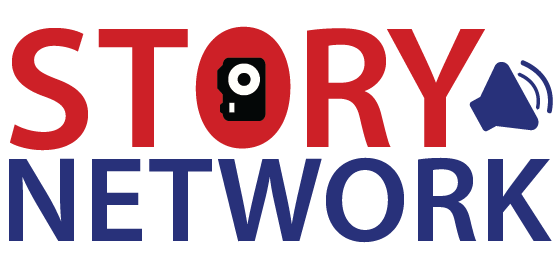Franchise opportunities have become a popular option for aspiring entrepreneurs looking to start their own business. By purchasing the rights to operate a proven business model, entrepreneurs can benefit from established brand recognition, operational support, and a ready-made customer base. However, like any business venture, franchising has its advantages and disadvantages. In this blog post, we will explore the pros and cons of franchise opportunities to help you determine if it’s the right choice for you.
Navigating Franchise Opportunities: Weighing the Pros and Cons for Your Business Journey
Pros of Franchise Opportunities
Established Brand Recognition: One of the major advantages of franchising is the opportunity to operate under an established brand. This can provide instant credibility and recognition, saving you the time and effort required to build a brand from scratch. Customers are more likely to trust and patronize a well-known franchise, increasing your chances of success.
Proven Business Model: Franchise opportunities offer a tried and tested business model that has already proven successful in multiple locations. This minimizes the risks associated with starting a new business and increases the likelihood of profitability. Franchisors provide comprehensive training and support, equipping you with the necessary tools and knowledge to run the business effectively.
Ongoing Support and Training: Franchisors typically offer ongoing support and training to franchisees. This can include assistance with site selection, marketing campaigns, operational guidance, and access to a network of fellow franchisees. The support system provided by the franchisor can be invaluable, especially for first-time business owners.
Economies of Scale: Being part of a larger franchise network allows you to benefit from economies of scale. Franchisors often negotiate favorable deals with suppliers, resulting in lower costs for franchisees. Additionally, pooled marketing efforts and shared resources can lead to cost savings and increased brand exposure.
Reduced Marketing Efforts: Franchise opportunities often come with established marketing strategies and campaigns. This saves you the time, effort, and resources required to develop and implement your own marketing initiatives. National or regional advertising campaigns conducted by the franchisor can drive customer traffic to your franchise location.
Cons of Franchise Opportunities
Initial Investment and Royalty Fees: Franchise opportunities typically require an initial investment, which can vary significantly depending on the brand and industry. In addition to the upfront costs, franchisees are often required to pay ongoing royalty fees based on a percentage of their revenue. These financial obligations can impact your profitability and cash flow.
Lack of Flexibility and Independence: Franchise opportunities come with certain restrictions and guidelines set by the franchisor. Franchisees must adhere to standardized operating procedures, product offerings, and branding guidelines. This limits your ability to make independent decisions and implement unique strategies that may align better with local market conditions.
Limited Control over Business Decisions: Franchisees have limited control over major business decisions, such as pricing, product offerings, and marketing strategies. These decisions are often determined by the franchisor, who aims to maintain consistency across all franchise locations. If you prefer autonomy and full control over your business, franchising may not be the best fit.
Dependence on the Franchisor’s Reputation: While established brand recognition can be a significant advantage, it can also be a disadvantage if the franchisor’s reputation suffers due to negative publicity or poor management. Any negative associations with the brand can directly impact your franchise’s success and customer perception.
Exit Strategy Limitations: Franchise agreements often include restrictions on selling or transferring the franchise. If you decide to exit the business, you may face limitations in finding a buyer or transferring ownership. Franchisees are typically bound by contractual obligations that dictate the terms of selling the franchise.
Franchise opportunities offer a range of benefits, including established brand recognition, proven business models, and ongoing support. However, it’s important to carefully consider the drawbacks, such as financial obligations, limited control, and dependence on the franchisor. Before making a decision, thoroughly research the specific franchise opportunity, assess your goals and preferences, and evaluate whether franchising aligns with your entrepreneurial aspirations and desired level of independence.




